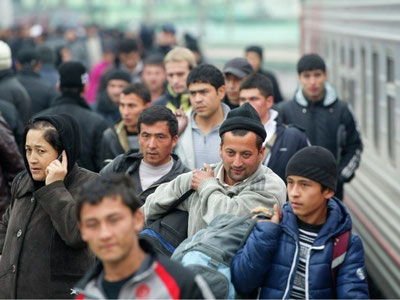The Irish government has announced it will tighten migration and asylum rules due to record population growth and a surge in asylum requests.
According to Minister for Justice Jim O'Callaghan, the 1.6% annual population growth—seven times higher than the EU average—is putting serious pressure on housing and public services.
By April 2025, Ireland's population had reached 5.46 million. Net migration has doubled since 2022, averaging 72,000 people per year.
This is explained by the arrival of work permits, family reunifications, and Ukrainian refugees. In 2024, asylum applications rose to 18,651, setting a new record.
In recent years, the increase in the number of asylum seekers has led to several protests and disturbances. Last month, nearly a thousand demonstrators clashed with police near Dublin.
New Strict Rules
The reforms approved by the government are described as one of the most significant changes to Ireland's migration system. They include the following:
Working asylum seekers will pay 10–40% of their income towards state-provided accommodation costs. The measure will affect 7,500 people.
To sponsor non-EU family members, applicants must have an annual income of at least €44,000 and provide suitable housing.
The residency requirement for citizenship for refugees will be increased from three to five years. Those who have received long-term social welfare benefits are excluded.
Migrants who pose a threat to state security or have committed serious crimes can be denied asylum status.
The government states that the measures are aimed at protecting state resources and stabilizing the system against the backdrop of sharp population growth.






